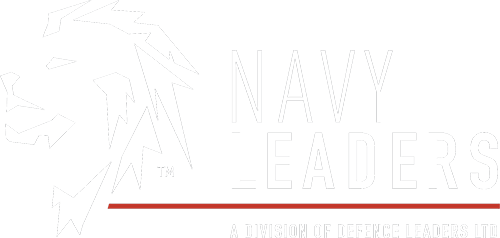Royal Navy board and search training in multi-nation exercise
)
Royal Navy engineers, commandos and lawyers invited partner nations committed to the Combined Maritime Forces – the overarching military organisation dedicated to naval security in the region – to join them in Bahrain for combined training and instruction.
The Royal Navy can draw upon a rich seam of experience – and success – in board and search operations over the past 20 years, from concerted efforts to stamp out piracy off the Horn of Africa, to a string of drug busts in the Arabian Sea and recent seizures of illegal arms being trafficked.
Most recently both HMS Montrose and HMS Lancaster have scored a series of busts both working with the Combined Maritime Forces, and under national tasking, which have denied criminal groups millions of pounds of revenue from drugs and terrorist groups the latest battlefield weaponry, including anti-tank missiles.
Over the weekend, Type 23 frigate Lancaster seized £10m worth of drugs in two separate incidents in the Indian Ocean. In the space of 12 hours, they seized seven tons of hashish, heroin and methamphetamine.
Compass Rose is the latest operation led by the Combined Maritime Forces to spread the expertise and knowledge around, making use of the US Coast Guard’s bespoke board-and-search training facilities in Bahrain.
As well as the Brits, personnel from Saudi Arabia, Kuwait, Bahrain, Oman, Pakistan and Italy were all keen to learn/share their experiences.
Royal Navy marine and weapon engineers showcased and shared skills in the maintenance of small boats – key to every successful boarding operation – instructing in the theory of engine repair as well as getting hands on in an interactive experience, taking apart and rebuilding an outboard engine.
Training then shifted to the US Coast Guard’s “ship in a box” facility, where Royal Marines of 42 Commando – the UK’s specialist in board-and-search ops –demonstrated how to deal with scenarios which commonly occur when undertaking boarding operations.
Training regularly together helps ensure partner nations have the correct skills and training to ensure freedom of navigation and counter drug smuggling in the Middle East. A Royal Navy lawyer was on hand to explain how such operations are in accordance with international law.
“Working with our international colleagues has been a fantastic experience to share our skills and learn from each other,” said Marine Loom, “I’ve learnt a lot.”
He and his comrades made use of a dhow in the warehouse – the traditional fishing vessel used in the region, which is frequently used in smuggling because it blends in – to teach searching and boarding.
The Marines hid objects in places where they have found contraband in the past to teach participants to search locations they would not normally consider, thinking outside the box.
Finally all participants moved on to Italian frigate Luigi Rizzo for a capability’s demonstration followed by a tour and a run-through of how the Italian Marines Boarding Team conduct a boarding operation.
“This has been a great opportunity for our sailors and marines to work with our close regional partners,” said Captain Will Paston, Deputy Commander, UK Maritime Component Command – the second most senior Royal Navy officer in the Middle East.
“Collective training, and learning from each other, is core to our mission, collectively we are stronger in facing the maritime security challenges of the region.”
